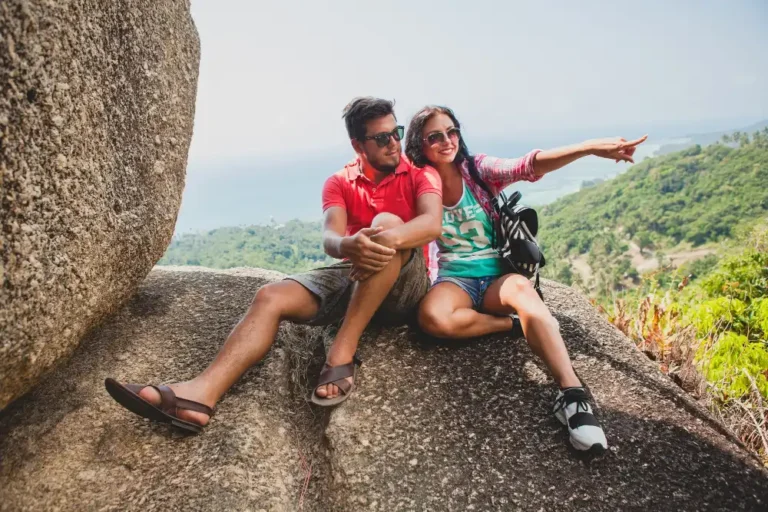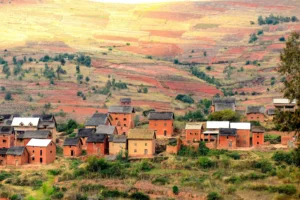Choose Eco-Friendly Accommodations:
Opting for lodgings that prioritize sustainability can significantly reduce your environmental footprint. Many eco-lodges in Madagascar are involved in local conservation projects and employ sustainable practices such as solar power, water conservation, and waste reduction. By staying at these places, you not only enjoy a lower-impact visit but also support businesses that contribute positively to the environment.
Support Local Economies:
One of the most direct ways to benefit local communities is by supporting local businesses. Choose to eat at local restaurants, shop from local artisans, and use local guides. This not only provides financial benefits to the community but also enriches your travel experience by allowing deeper cultural immersion and understanding.
Participate in Conservation Efforts:
Madagascar is home to numerous conservation projects working to preserve its unique flora and fauna. Participating in these projects, whether through volunteering, donations, or educational tours, helps support vital research and conservation activities. It also offers a chance to learn about the island’s ecological challenges and what is being done to address them.
Practice Responsible Wildlife Tourism:
Madagascar’s wildlife is one of its biggest attractions, but it’s vital to interact with it responsibly. Always maintain a respectful distance from animals, refrain from feeding wildlife, and choose wildlife tours led by reputable guides who adhere to ethical practices. Responsible wildlife tourism helps ensure that you do not contribute to the stress or endangerment of the species.
Reduce, Reuse, Recycle:
Being mindful of waste management is crucial in places like Madagascar where recycling and waste disposal systems may be limited. Travel with reusable water bottles, bags, and other sustainable travel products. Avoid single-use plastics as much as possible and ensure that you leave no trace in the natural environments you visit.
Educate Yourself and Others:
Understanding the cultural and environmental context of your destination is an important aspect of sustainable travel. Take time to learn about Madagascar’s history, culture, and environmental issues before and during your visit. Share this knowledge with fellow travelers and promote sustainable practices within your network.





